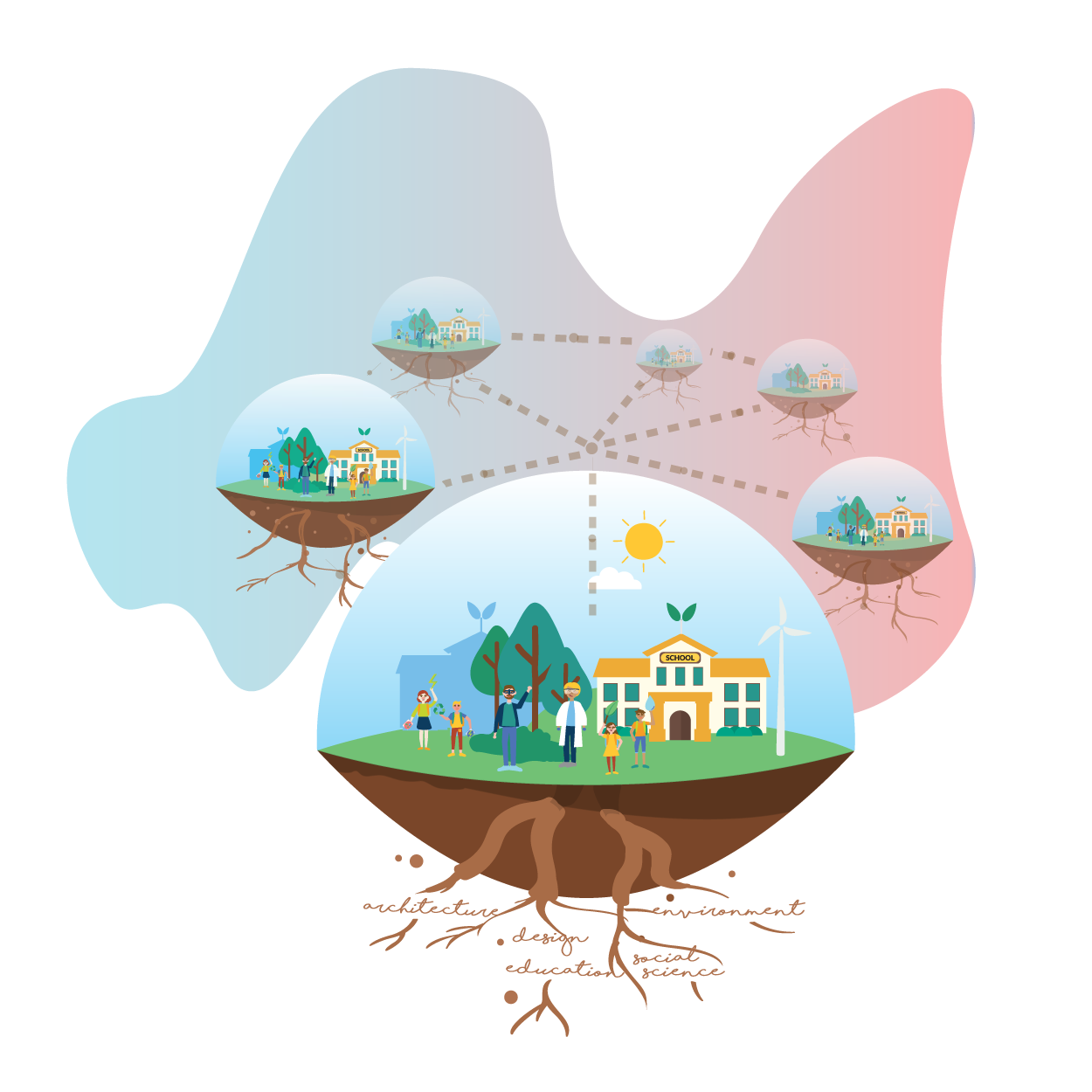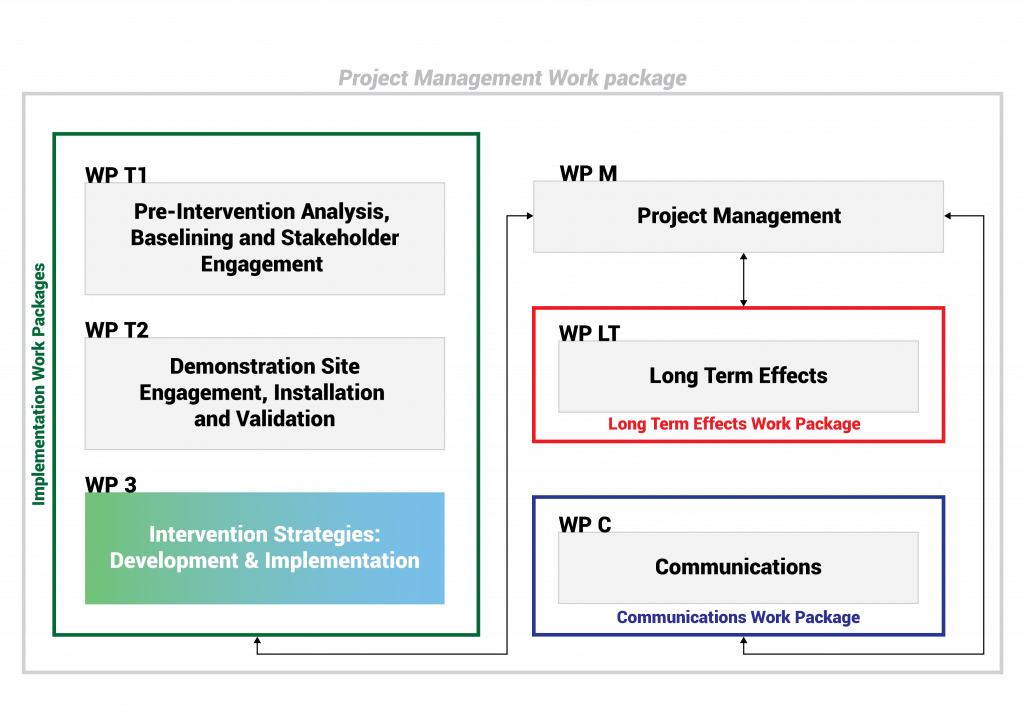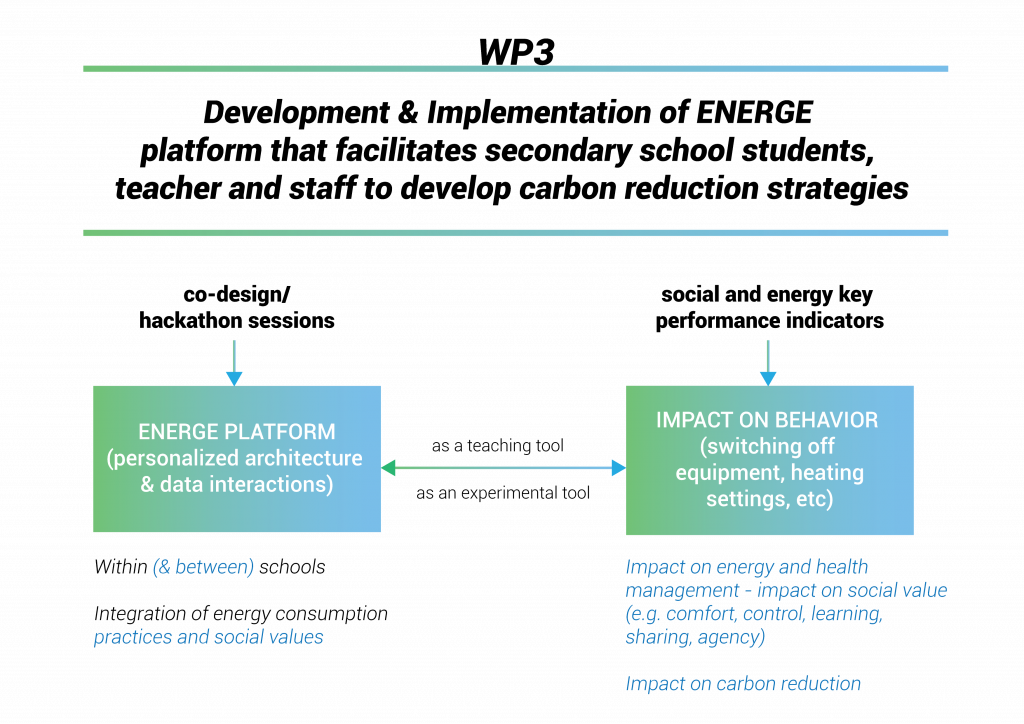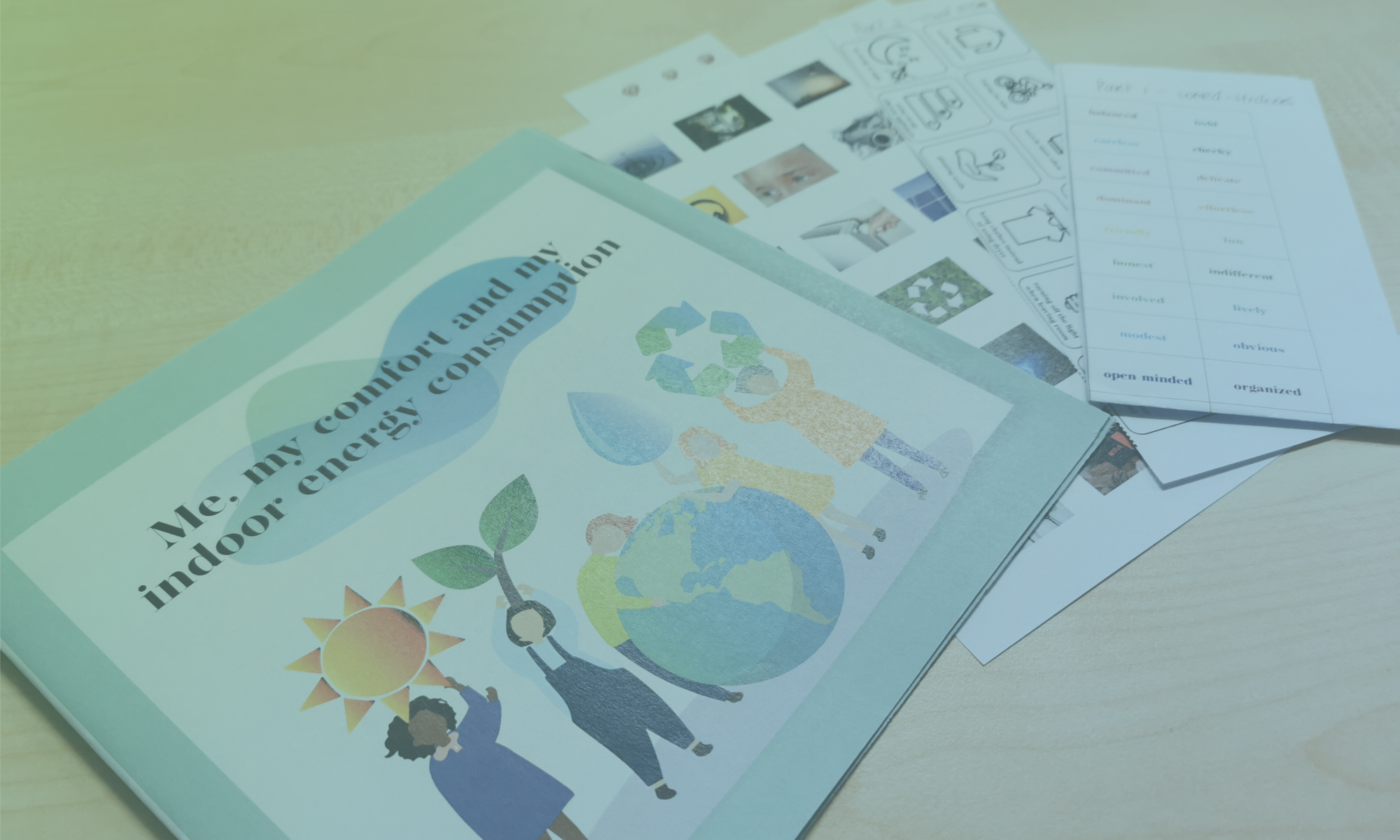ENERGE event: Introducing Greengage 1.0
ENERGE – ENergising Education to Reduce Greenhouse Emissions
With the aging of the existing post-primary school building stock (new schools/deep retro-fits can take years from planning to completion) there is a need for low-cost solutions that enable long-term resource efficiency in schools and reduced greenhouse gas emission (GHG). EU building energy directives and climate actions to 2020 – 2030 underpin this necessity. ENERGE addresses this need using targeted physical interventions that combine a data-enabled platform and building sensors (e.g. electrical, thermal, etc.) with behavioural and social studies as well as new educational approaches that enable schools engage in energy and GHG mitigation.
This holistic, adaptable and multidisciplinary approach will combine sociological, pedagogic and communications expertise with low cost technology, ICT interventions and systems engineering. ENERGE will be demonstrated in schools in France, Germany, Luxembourg, Ireland, the Netherlands and the UK. ENERGE aims to achieve a minimum 15% reduction in total energy consumption at 12 demonstration site schools over the project period and will engage and enable management, teachers, students and maintenance staff (entire school ecosystem) to reduce energy consumption by developing a new data-enabled platform tailored to different stakeholder within the school ecosystem.
Long-term impacts will be consolidated by the development of additional and revised educational material to supplement existing school curricula (for students aged 12-18 i.e. formative years). ENERGE committees will be established in the demonstration schools to provide a focus for transnational engagement of project schools, long-term studies of the project impact and to enable the whole school community engage with and sustain energy efficiency and GHG mitigation.
More information about the project consortium and funding can be found here
Project outline
 | Scope The project is a multidisciplinary effort that combines social, educational, design and engineering sciences. These disciplines closely collaborate with the demonstration site schools (12 secondary schools in the northwest European region) by implementing a series of technical, social and design activities. The collaboration aims to conjointly developed efficient and effective energy-saving strategies by means of low-cost interventions. |
 | Focus Secondary school buildings and their members, school teachers, school students, and administration staff are the focus of attention to understand and influence the socio-technical profile of secondary schools with regards to the management of energy consumption and comfort. |
 | Approach Socio-technical data is considered a relevant source to gain understanding and agency in the development, implementation, and assessment of energy-saving strategies and interventions. Technical data will be collected by means of energy meters and indoor climate sensors. Social data will be collected by means of self-reporting and digital ethnography involving school members. Real-time data visualizations will be iteratively co-designed with school members and make accessible to schools. |
TUDelft Work Package 3

ENERGE research project consists of different Work Packages (see fig 1). Here on this website, we focus on Work Package 3 (WP3): Intervention Strategies: Development & Implementation.

Fig 2 explains the overview of the aim of the WP3 conducted from TUDelft.
General information
ENERGE is a European research project funded by NWE Interreg.
Lead partner organization: National University of Ireland, Galway.
Countries involved: Ireland, France, the Netherlands, Germany, Luxembourg and UK
Partner organisations:
- Research institutions: Delft University of Technology, CASTeL Dublin City University, University of Luxembourg
- SME’s: R2M Solution LTD
- Regional organisations: Centre-Val de Loire Region.
Associate and sub-partners:
- SME’s: Powerpoint Engineering Ltd; OfficeVitae BV
- Regional organisations: Galway City Council, Betasteunpunt Zuid-Holland
